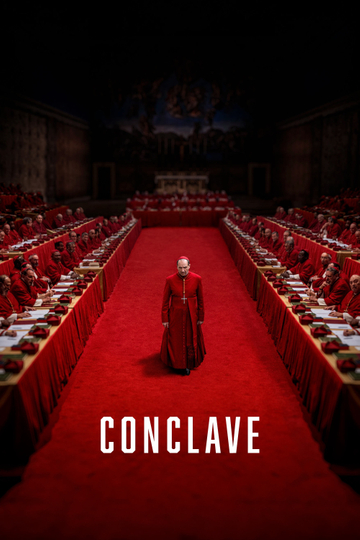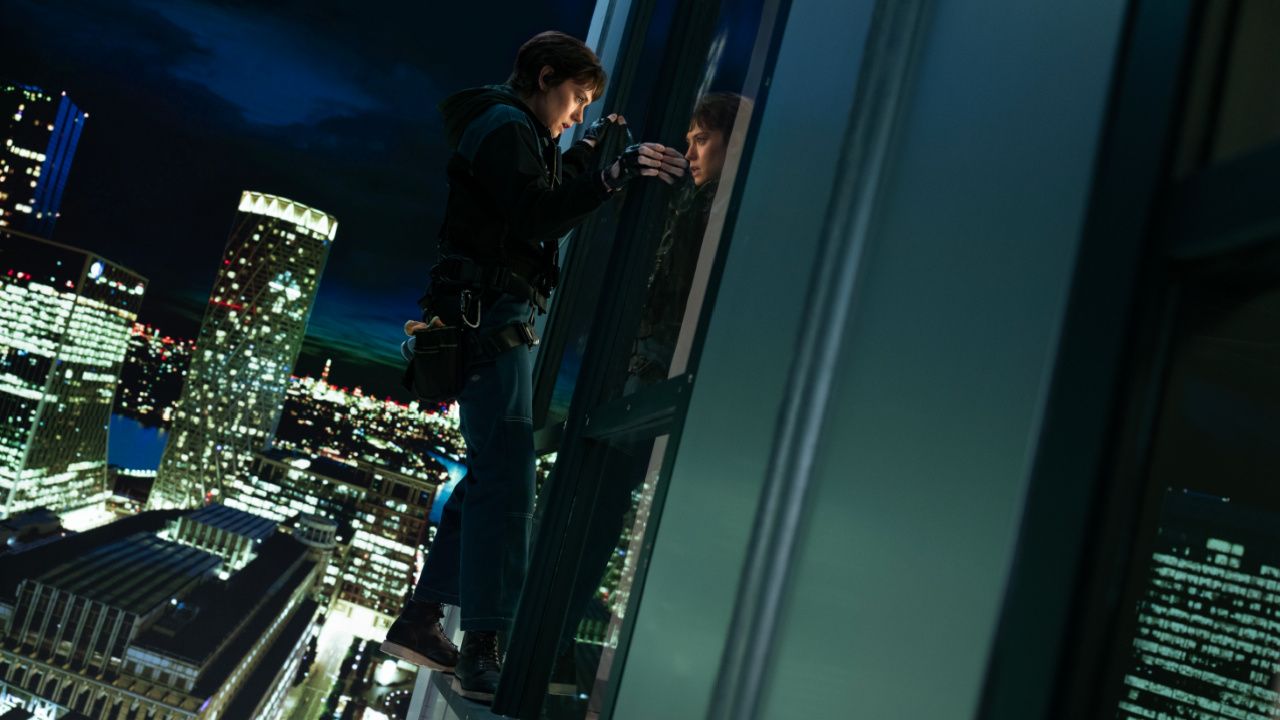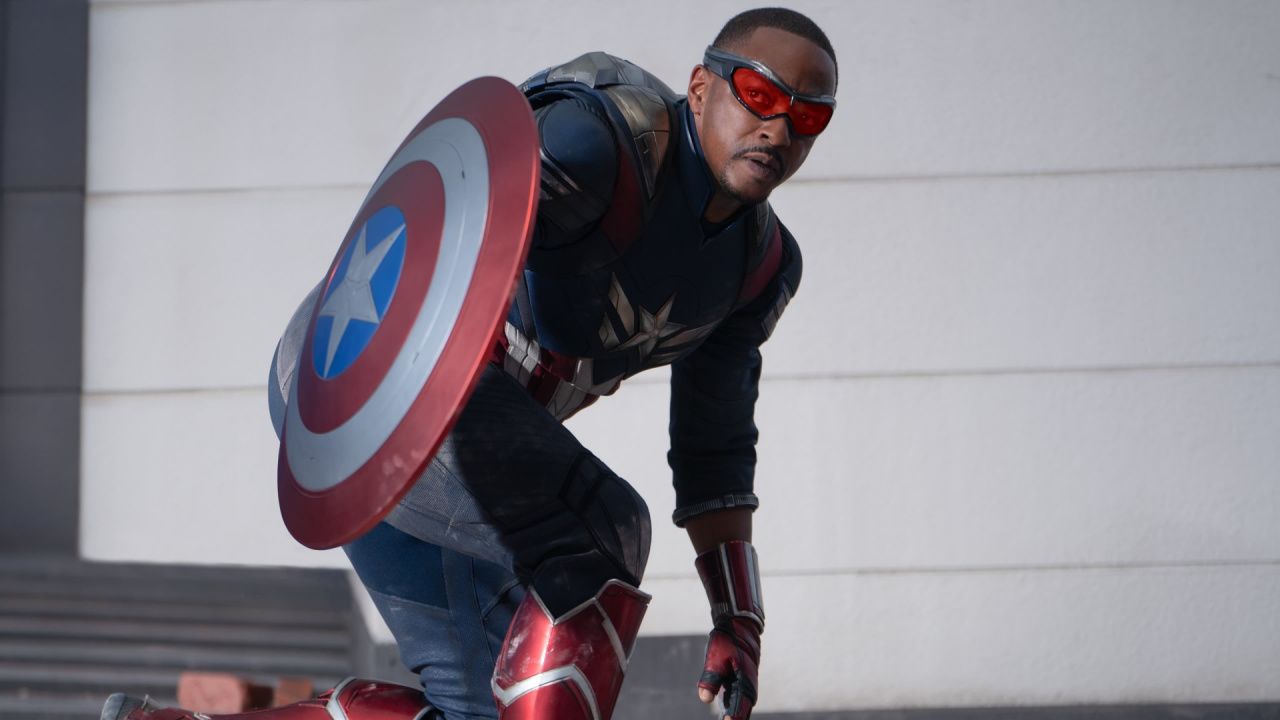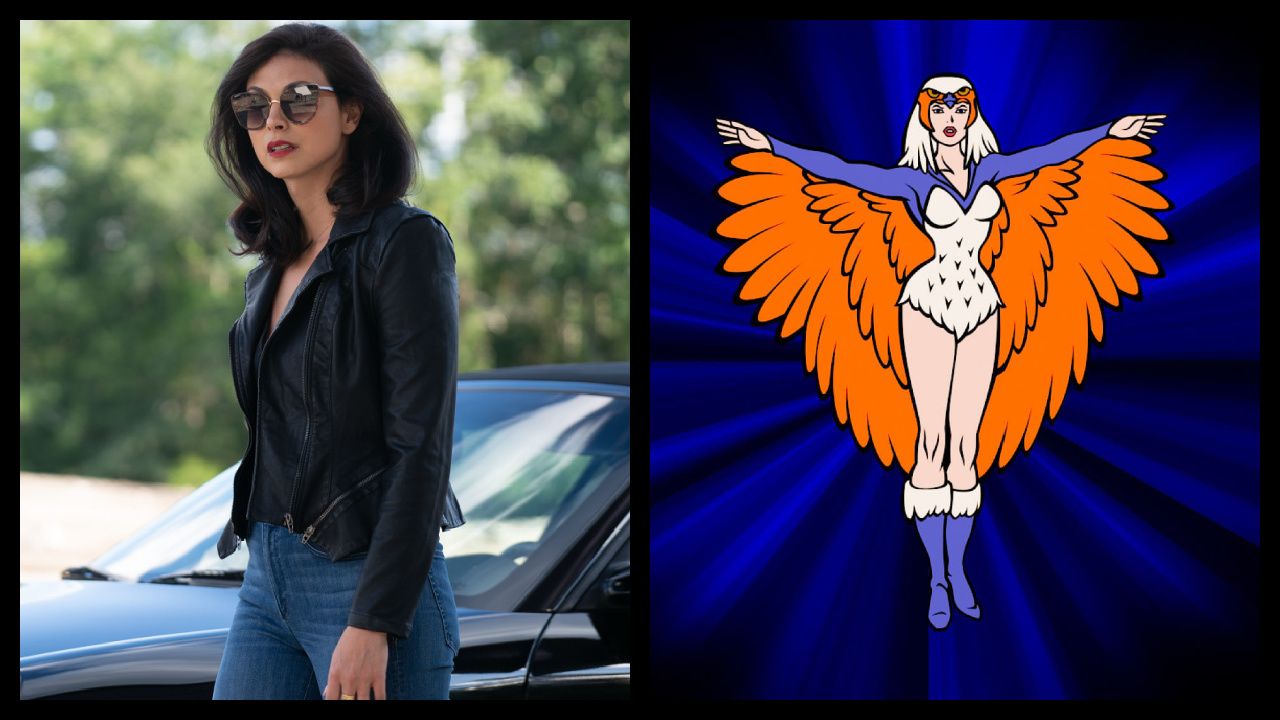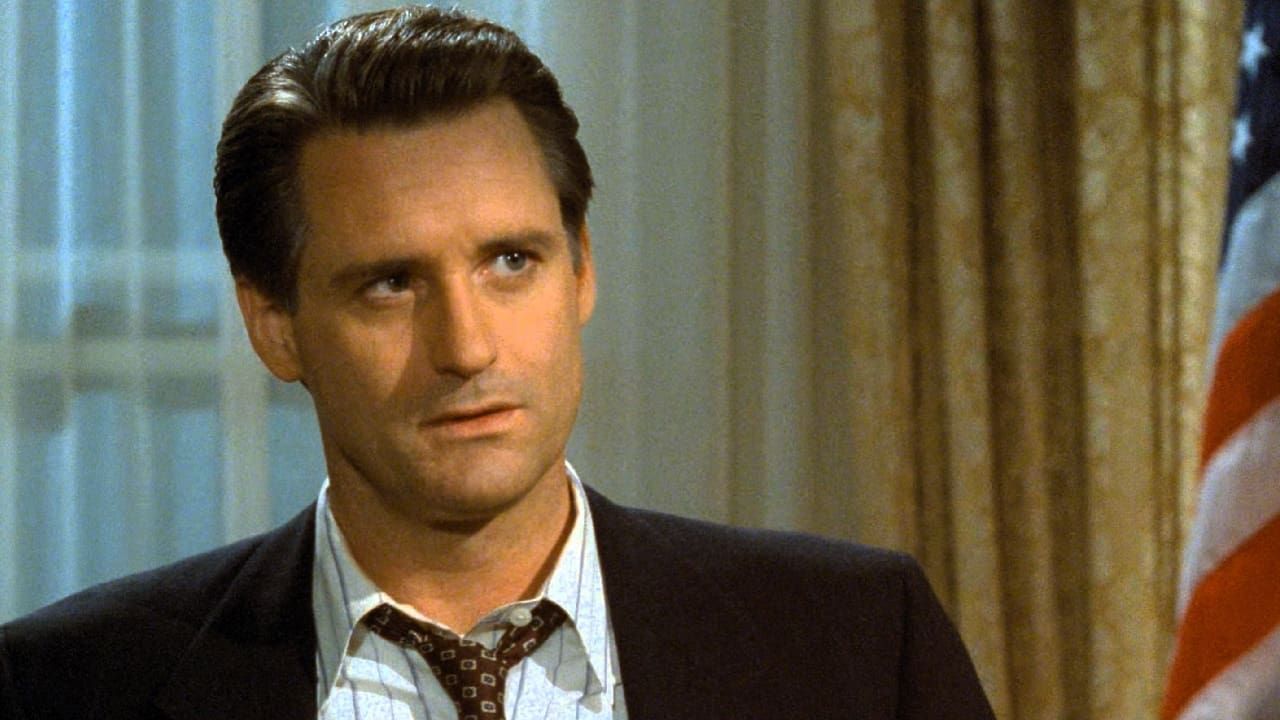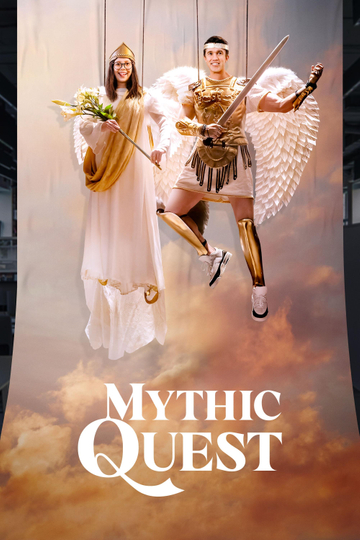Why 'The Martian' Stomped All Over 'The Walk' at the Box Office
On the surface, things played out as expected at the weekend box office.
As analysts predicted, "The Martian" won the top spot with an estimated $55 million, coming within spitting distance of the October record set two years ago this weekend by the similar "Gravity."
Art-house crime drama hit "Sicario" expanded wide and grossed $12.1 million, as expected, and finished in third place. And "The Walk," playing only on a few hundred large-format screens before it expands wide next week, earned $1.6 million, debuting at No 11.
Behind the scenes, however, this week's results reflect the ongoing fight for your premium-ticket dollar -- the surcharge you pay for 3D, IMAX, and other large-format screenings. With the moviegoing audience dwindling, the effort to wring more cash from every ticket buyer is the theater owners' last hope for increasing revenue -- and their last major battleground.
These days, most U.S. moviegoers are used to coughing up a few extra bucks for enhanced moviegoing experiences like 3D and giant screens (or both). But in recent years, as the multiplexes were saturated with mediocre 3D movies, 2D movies with poor 3D transfers, and 3D movies exhibited poorly on underlit projection systems, ticket buyers have been less and less willing to pay extra to rent the glasses. We'll do it for certain visual spectacle films -- movies that really demand to be seen in 3D, like "Gravity" -- but otherwise, given the choice between seeing a particular new release in 2D or 3D, we'll usually choose 2D.
At the same time, we still haven't grown disenchanted with the immersive nature of the ultra-large screen.
For decades, IMAX-branded screens had this market to themselves, but in the last few years, the theater chains have invented their own floor-to-ceiling screen systems, meaning they don't have to share revenue with IMAX. There are several different such formats, but to avoid confusing audiences, they're all marketed under the umbrella designation "PLF," meaning premium large-format. IMAX purists -- including many filmmakers -- grumble that most PLF screens don't measure up to IMAX, which projects from a taller, wider image source; the off-brand PLF screens just blow up the standard image, often resulting in a fuzzier, underlit picture. Nonetheless, audiences have embraced PLF, to the point where, within the last year, the number of PLF screens in North America (374) surpassed the number of IMAX screens (360).
In that context, the success of "The Martian" is all the more remarkable. It came in just shy of the record-setting $55.8 million debut of "Gravity." But that 2013 stranded-astronaut adventure had the benefit of 3D, IMAX, and PLF surcharges -- while this October's marooned-spaceman tale had only 3D.
It also opened well ahead of last fall's "Interstellar" ($47.5 million), which also had IMAX receipts going for it. Good reviews and very strong word-of-mouth (as measured by its A grade at CinemaScore) suggest that "The Martian" is one of those few movies that really lives up to recommendations to see it in 3D.
Why didn't "The Martian" open in IMAX and PLF as well? Perhaps because "The Walk" has most of the giant screens booked. It opened Wednesday on just 448 screens, but they're all extra-large. Those premium fees, plus the 3D glasses charges, were supposed to yield big bucks -- or at least a top-10 debut. And yet, Robert Zemeckis' docudrama about Philippe Petit's unauthorized 1974 tightrope walk between the Twin Towers of the World Trade Center has earned just under $2 million in five days of release. From Friday to Sunday, it averaged just $3,460 per screen, compared to a $4,609 average for art-house graduate "Sicario" (which has no premium venues) and $14,357 for "The Martian."
Why did "The Walk" open with about half its predicted take? It's not that the film doesn't live up to the hype regarding its visuals. At an advance New York Film Festival screening last month, some viewers reportedly found the high-wire segment so realistic and vertigo-inducing that they had to rush to the bathroom to throw up. The film has enjoyed decent (but not stellar) reviews. But "The Martian" was better marketed, and viewers choosing between premium-format visual extravaganzas clearly found the space epic an easier sell than the French-daredevil drama.
Still, the idea of releasing "The Walk" at first only on IMAX and PLF screens wasn't a bad one. "Mission: Impossible - Ghost Protocol" was the first movie to try such a platform release back in 2011. It came out on 425 super-sized screens and earned $12.8 million (an average of $30,083 per screen), toward an eventual domestic total of $209. 4 million. Of course, that movie starred Tom Cruise and was the fourth in a well-established franchise.
Just last month, "Everest," another eye-filling adventure, tried the same strategy. It opened on 545 lMAX and PLF screens (and in 3D) and earned $7.2 million (a healthy $13,251 per screen), good for a fifth place debut. But in the two weeks since it expanded onto regular screens (it's now playing in 3,009 venues), it hasn't lived up to those initial numbers. This weekend, it earned just $5.5 million, down 58 percent from last week, for a seventh-place finish and a three-week total of just $33.2 million. Given those numbers, some pundits revised their expectations downward for "The Walk," yet it still underperformed even that low bar.
Who knows, "Everest" might be doing better if it hadn't yielded most of its large screens to "The Walk." It also seems to be one of those movies that works best in the premium formats, as viewers who've seen it on regular screens seem to be underwhelmed.
This scarcity of resources, then, suggests that we'll be seeing the construction of a lot more IMAX and PLF screens in the coming months and years. After all, if they can't bring more people into the theaters, they can still charge more per ticket by satisfying demand for the kind of immersive visual and aural experience that not even the biggest home theater screen and speaker system can provide.
Let's just hope we keep getting movies that offer the kind of spectacle that's worth coughing up the extra bucks.



